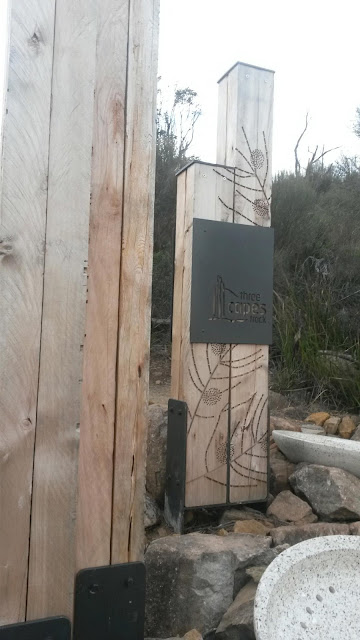“Try using horsefood62,” Mum said. Logging into the household wifi network was not working. That led me, less than 10 hours after arriving in the US for the next stage of my life, lying on the floor under my father’s desk trying to read the tiny letters on the modem while on the phone with customer service. Moments later at 5pm, the phone disconnected and I realized it was probably time to have a drink, eat dinner and go to bed.
Project Repatriation, not unlike Project Runway or Masterchef, is a limited time process to set up the infrastructure of life in a new country. In the early stages, it is complex and daunting, confused by jetlag and overall disorientation.
I gave myself two weeks to get sorted out on multiple fronts: the business of life (phone, bank account,car, heavier clothing and new electronic identities), establishing healthcare (dental evaluation, Obamacare), learning to live with my parents, and staging for a new job (updating CV, Linked In, preparing networking lists and compiling a wardrobe).
 |
| Lists upon lists. |
Project Repatriation, not unlike Project Runway or Masterchef, is a limited time process to set up the infrastructure of life in a new country. In the early stages, it is complex and daunting, confused by jetlag and overall disorientation.
I gave myself two weeks to get sorted out on multiple fronts: the business of life (phone, bank account,car, heavier clothing and new electronic identities), establishing healthcare (dental evaluation, Obamacare), learning to live with my parents, and staging for a new job (updating CV, Linked In, preparing networking lists and compiling a wardrobe).
 |
| Call it good or look for a whiter jacket? |
 |
| Not a fan. I liked the concept of a Chia Pet better. |
Indeed, the customer service experience contrasts with the practices in Southeast Asia. Just yesterday, I was on the lookout for a device to transfer the 577 photos on the camera's storage card to my computer. I ventured around Staples (an office supply chain) and didn't see what I needed, so I headed out the door. "Can I help you find something?", the cashier said. "Sure..I'm looking for blah blah." She escorts me to the appropriate aisle and I absorb the inventory for a few seconds. She radios her supervisor to help. As I balk on the price of the coveted item, the supervisor he checks the price on his device and offers me an 85% discount on the retail per the store's policy of an 110% price match guarantee. Feeling my commitment to anti-consumerism wane, I buy it.
 |
| Oh, come on. |
The squawking of the murder of crows in the towering pines in the neighborhood here reminds me of the swirling ravens that rode the thermals over the electric plant in Anchorage. On an early morning car trip to visit with my sister and our cousin and husband in southern Maine, I counted the bodies of 8 small,woodland creatures on the roadway, picked off as they tried to navigate the highway. Also
 |
| Installation at the Curtis Memorial Library. |
I drove my parents to the airport last week for their overnight trip to DC. There was a moment when we could have been surrounded by semi trucks zooming along in unison at 70 mph; our collective anxiety swelled in their force and absolute power. After a few days of watching my rear view mirror and seeing more than one person gesture in frustration, I have finally gotten oriented to driving in the US. That yield-on-green light thing was tricky.
Here we are, my two-week benchmark and I feel like I am beginning to get sorted out. It had ups and downs, but overall it was remarkably easy. I am reminded of the onset of life in Phnom Penh, where I secured a modest, cheap apartment in 2 weeks and a contract job in the month following.
 |
| Got mum's Schwinn tricked out and then found a sweet deal: a 2010 Forester with only 26,134 miles on it. It may be a bit big, but it will be a solid ride for Maine winters. |
The psychological concept of "Flow" --a principle articulated by Mihaly Csikszentmihalyi's TED talk-- seems evident in this decision to return to America and be closer to my family. Material elements have effortlessly unfolded. I take satisfaction in helping with the small chores, am absolutely grateful for the privacy and efficacy of my "penthouse"-- the upper-level level studio in my folk's townhouse. There will be strong challenges ahead, but at this moment I am creating a firm foundation for growth.
Now, the last part is finding the "right livelihood" to sustain me economically, and some friends. There are promising developments unfolding on both fronts. I am optimistic. While there are (and always will be) some anxious moments, in this first blush of repatriation I am sailing on sensations of greater forces, generating positive energy, making new connections and of being receptive to wherever this path will lead. So grateful for all the riches and comforts.

































